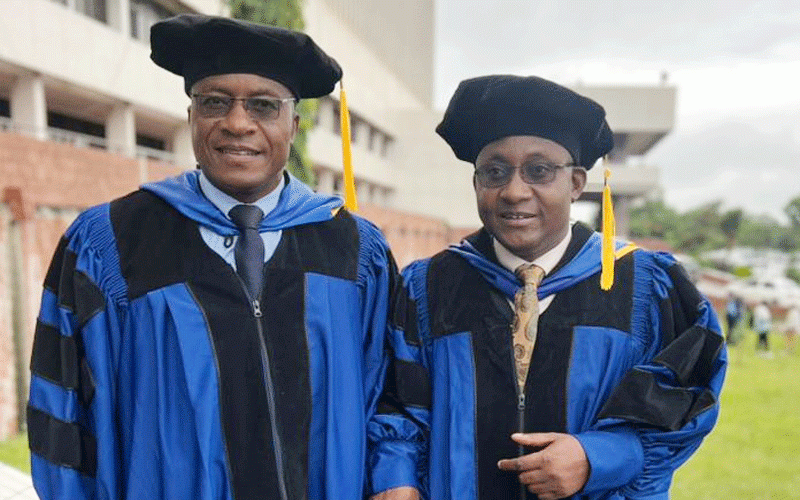
Some people like only one make of a car. They like the car they started to drive in and continue with it or other models by the same company for many years. However, very few people stick to it always and they find it very easy to drive another car; there may be a few minor adjustments with regard to small technicalities but it is not hard to drive a different make of a car. We do not have to sit a whole new driving test. The car salesman does not refuse to sell us the car because we have not driven one before. All that really matters is whether we are capable of driving a car.
A teacher with over twenty years’ experience in three different countries applied for numerous teaching and related educational positions in the country where he had begun his teaching career, following many years overseas where he had also undertaken several positions of responsibility in the schools and indeed been successful in them. For many months he received rejection after rejection, rarely gaining an opportunity to promote his cause in an interview, and on the few occasions where an interview was awarded the result was the same, a simple “regret”.
To the outsider (and indeed to the man himself) it appeared somewhat surprising, confusing and perplexing until one day one of the schools provided a surprising explanation as to why he was not being offered a position at the school. “You are not,” they declared, “familiar with the system”. Ah, the system! The wonderful system! Yet even with such a response, there were several apparent anomalies, which could easily have been ascertained or worked out from the CV.
Firstly, the teacher had been trained in the system many years before, so knew the system – and even if it had changed, he had learned the system the first time, before deciding to go overseas. Secondly, the teacher had initially taught in that system and there had been no problem then. Thirdly, the teacher had taught in several different systems in other countries and been successful in them, no problem, so there would be a very strong likelihood that he could adapt to any new system (was that system so complex and confusing that no teacher who had been in another country could possibly understand it?). Fourthly, the very idea that a teacher may have benefitted from the experience of teaching in other systems was not even considered or merited. Fifthly, what makes them assert that their system is the best or only system? Sixthly, the subject of systems had never been raised in interviews or in job description or adverts. And lastly, and perhaps most importantly, the key factor in any such appointment was ignored or abused – the ability to teach! Does no-one at those schools want to find out if in fact - shock, horror - the teacher can actually teach…?
The make of a car or the educational system are not exactly the key factors when it comes to driving or teaching. Can this person drive or can this person teach? Now there is a thought! Furthermore, before we also become even more encased in our preference for any particular system, perhaps we might also reflect for a moment or two on factors other than the teacher’s ability to teach in a specific style and system.
Firstly, children are children, no matter the system. Children are different from each other, yes, but they are different from each other in every and any system. It is children we should be considering, and how well teachers relate to them, not the system or the curriculum or syllabus. They are each human, no matter their country or system. There should be no set system for all children. Secondly, the subject is the same whether it is taught in one system or another. We might approach it in different ways but the subject matter generally is the same. Can the teacher handle and hand it on to children? Thirdly, the purpose of education remains the same, no matter the system.
Schools need structures, systems, framework, yes, but they may be filled with the wrong things. We must be very careful that we do not allow cysts to penetrate our educational systems, filling them with any unnecessary fluid, air or pus, inflicting pain or causing damage to pupils (and teachers). Our focus must remain entirely on the suitability and ability of a teacher to teach; we should welcome teachers from other systems to challenge, inspire and improve us within our system. If not, we may find that we are driving them up the wall. Let there be no regrets. Avoid cysts in our systems.
- Zim’s exhibition rated 7th globally
- Zim quartet to showcase at Italian exhibition
- Byo producer inspires daughter to be musical
- Lawyers challenge blitz on unregistered vehicles











